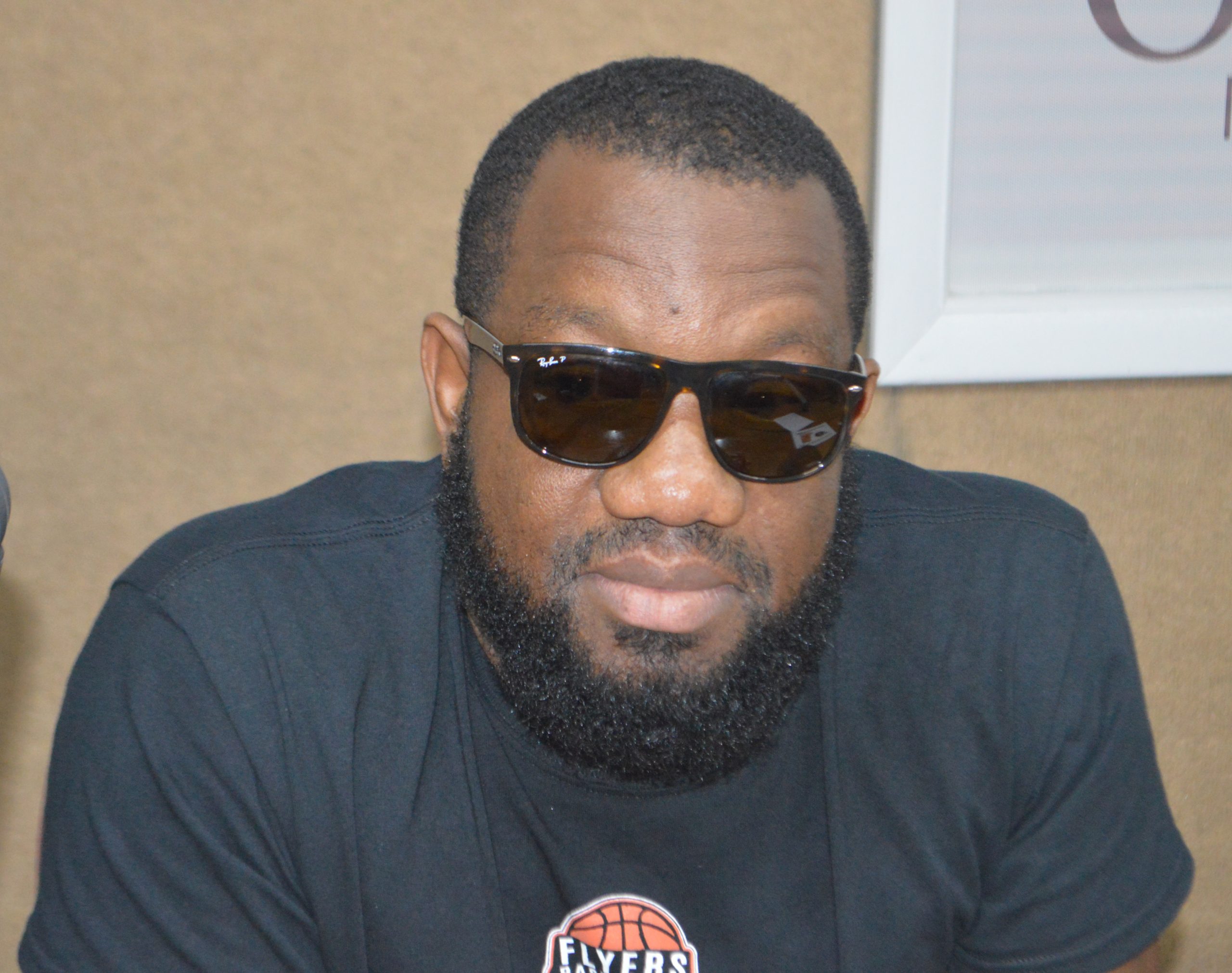By Carlena Knight
Former national basketball head coach George Hughes says despite the fact he would like the FIBA overseas player regulations to be amended there is not much change that will happen for some time.
The world governing body for basketball stipulates that “foreign-born players with bloodline connection with the country they want to represent must prove their legal nationality through a passport obtained before turning age 16. Players who obtained their passport afterwards can still play but they would be considered as “naturalised” players by FIBA rather than as a local”.
According to Hughes, until a change is made with the directors who sit on the FIBA board for rule regulation with new, young, dynamic faces, small territories like Antigua and Barbuda will continue to be placed at a disadvantage.
“Some of these people are like 78, 80, 85 so they are already in a mindset that they don’t want to change so basically I think, the only way this is going to change is that we get younger more proactive people who can understand,” he said.
“There was actually a move to have zoning with FIBA as small states which would have given you the opportunity to have some more players but this rule now is set in stone and the funny part about that rule is that that player you may want to have categorised as a local player has to have his passport before age 16.
“Now, who 16-year-old is going to tell their parents I want to get an Antiguan passport because I want to play for the national team?” he asked.
Hughes was not alone in his plight, as two former national players, Kurt Looby and Ernest Scott, shared their thoughts on the ruling.
Looby, who was born in the US but grew up in Antigua from infancy, received much difficulty from the regulators for him to be classed as a local player while Scott, who has direct Barbudan linkage, was deemed as an overseas player.
According to both men, these rules of only having two overseas players on a team at a time puts Antigua and Barbuda at a disadvantage especially after qualifying from regional rounds into higher qualifiers. They believe with a relaxation in this regulation, the national teams would be even more competitive.
Minister of Sports Daryll Matthew, who is also a former president of the Antigua and Barbuda Basketball Association (ABBA), weighed in on the conversation.
Matthew says although he is in favour of a rule change, he understands the thought process of FIBA as to why the change has not yet been made.
“FIBA sees that as a threat to countries where jurisdiction and countries that have a lot of money and resources may very well go and poach the best players from developing countries and thereby weaken the smaller countries’ systems and sporting infrastructure by taking their athletes and so that naturalised player rule is one that I don’t see any appetite for changing internationally even though we get affected by it adversely.”
The Caribbean Basketball Confederation (CBC) Executive member mentioned the difficulty it took in attaining Looby as a local player back in 2015 during the CBC bronze medal run in Tortola.
“That same year when we won the medal, Kurt Looby, who was born in the US and then within a month migrated to Antigua. Christened in Antigua, went to school here, primary, secondary everything in Antigua and Barbuda, they still had Kurt listed as nationalised citizen and that particular tournament when we were bronze medalist, it was about 11 o’clock the night Aldo McCoy who was the team manager at the time and myself were able to get FIBA to register Kurt as an Antiguan player and not a naturalised player,” he said.
“By virtue of doing that we were able to bring Ernest Scott on the team and have both of them play but I am telling you it is a tough, tough battle that has been fought many years and I don’t see the immediate appetite for changing that,” he added.
All four men were guests on the Good Morning JoJo sports show last week.

